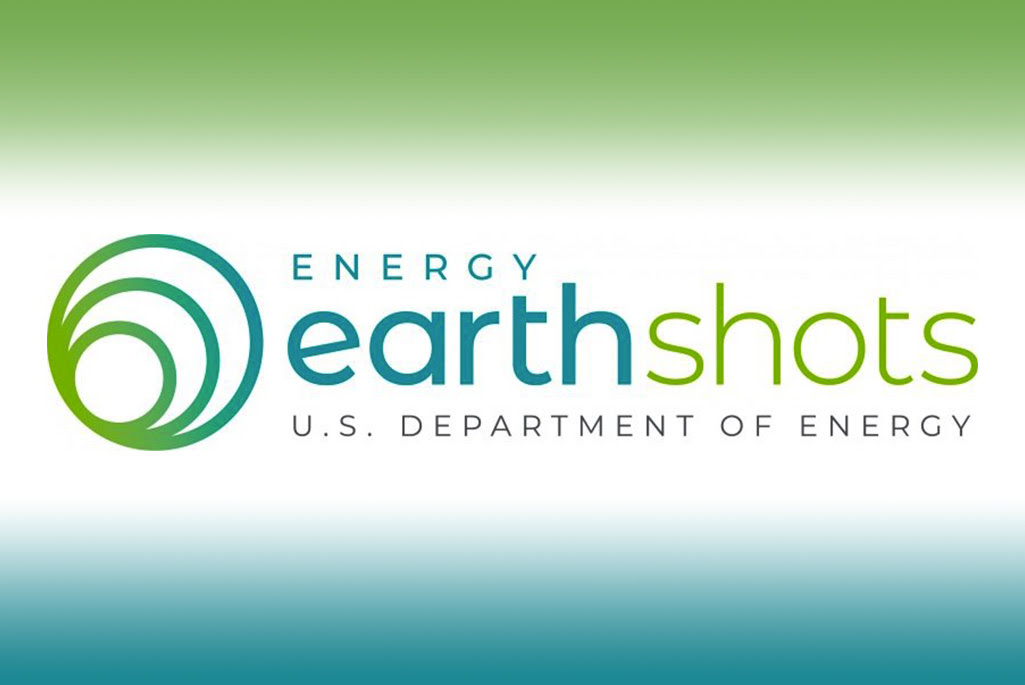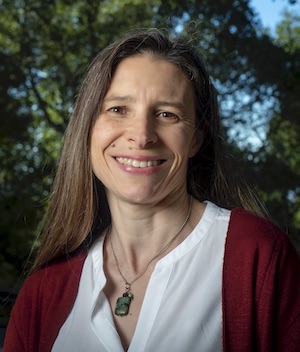Environmental Genomics & Systems Biology Division Director Susannah Tringe will serve as Director for one of two new Berkeley Lab-hosted centers as part of DOE’s Energy Earthshots Initiative. DOE launched the Initiative in 2021 with the goal of speeding up technological breakthroughs and lowering costs, and has initiated seven Earthshots spanning clean energy and carbon reduction technologies. The Berkeley Lab programs announced today will address two of them: the Hydrogen Shot and the Carbon Negative Shot. Each of the new centers will receive $19 million over the next four years.

Tringe will lead the center focused on the Carbon Negative shot, dubbed RESTOR-C (Center for Restoration of Soil Carbon By Precision Biological Strategies), which will cultivate ways for plants and microbes to remove carbon dioxide from the atmosphere and stably store it for more than 100 years in the soil. RESTOR-C’s multi-disciplinary team will span biology, ecology, chemistry, and computer sciences. Researchers will study how carbon is fixed by plants and channeled into the soil, and test plant and microbe strategies at field sites in California and New Mexico. Finally, the center will evaluate how to spread and scale the approaches to additional locations and crops.
“We know that the soil is a vast potential reservoir to store carbon pulled out of our warming atmosphere by plants,” said Tringe. “With the right method, we can potentially accumulate carbon in agricultural lands across the United States and move toward a carbon negative future.”
Partners in the center are Los Alamos National Laboratory, New Mexico State University, UC Berkeley, UC San Diego, and California State University Monterey Bay.
Read more on the Berkeley Lab News Center.




